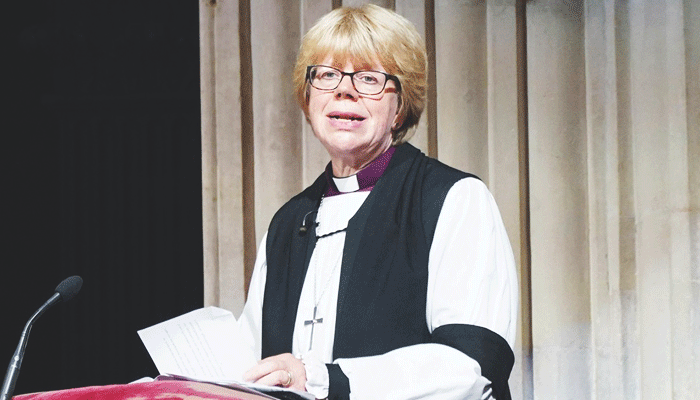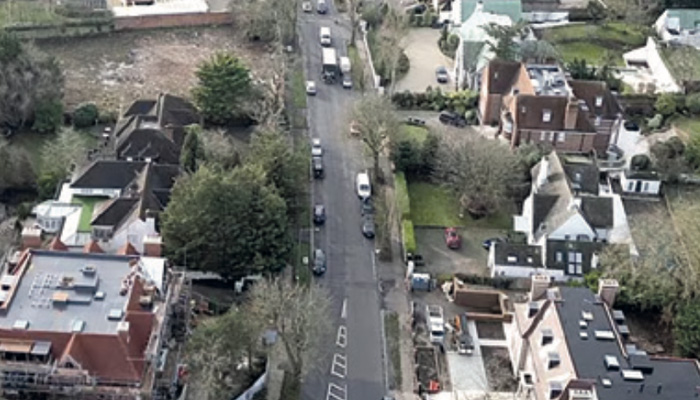
Rise and decline
Children's care , Issue 1660

The latter has certainly been true – with returns of up to 80 percent. But societal changes seem to include, er, kicking autistic children out of their homes.
Rise, co-founded by Bono (pictured) and former eBay president Jeff Skoll – and with Virgin chief Richard Branson on the board – bought a majority share in Outcomes First in 2023, when the children's residential care and special education provider was valued at around £740m and had seen annual profits up almost ninefold from £3.3m to £27m in just four years.
Open and shut cases
Even as the money rolls in, however, it has offloaded its residential homes, shutting three which had enabled high-needs disabled children, many of whom are non-verbal and need one-to-one supervision, to live by their schools. It has closed Stretton Shires in Rutland, Acorn Park in Norwich and moved half of the young residents out of Underley Garden in Cumbria, with plans to evict the rest next year.
The mother of an 11-year-old autistic boy forced to leave Underley Garden told the Eye: "We haven't really had time to prepare him properly. It's a very difficult thing to do to match these sorts of children to somewhere else in a rush. He's saying, 'please can I stay?' [...] It's going to do him ten tons more damage, and yet we have no choice."
After a frantic search, the mother found another residential home close to a special school near the south coast, hundreds of miles from everything her son knew.
Staff at Underley were also devastated. One former employee said: "Some of our young people that have been there for five, six years and have been settled and happy – and then all of a sudden they're losing their home."
Stirling work
Outcomes First – which names Dame Christine Lenehan, the government's strategic adviser on SEND (special educational needs and disabilities), as a member of its safeguarding and quality committee – was until recently England and Wales's fourth largest provider of children's homes, with 273 places. However, its previous private equity owner, Stirling Square, started jettisoning homes and buying up more equally profitable special schools ahead of its sale to Bono & Co. It added 11 schools to its portfolio in the same year it disposed of 30 of its 88 children's homes, some with just a month's notice, blaming recruitment challenges.
Ofsted reports showed Outcomes First charging local authorities up to £157,000 a year for school places, of which around a fifth is profit, compared to the average cost of £24,000 for children with special needs in the mainstream.
A spokesperson for Options Autism, the arm which had managed its homes, said the decision to close was "incredibly difficult and categorically not linked to profitability", adding: "We have strengthened our focus on education... In every case we gave extensive notice and worked with families and local authorities to seek alternative placements that are closer to home, where evidence shows they're most likely to thrive."
Profits of gloom
So it must be a coincidence that the move came as the government vowed to curb profiteering in the children's care sector after a damning 2022 Competition and Markets Authority report found the privately controlled market was dysfunctional and creating 23 percent profits for the largest operators.
It also found that other profit-making operators in children's care, most of them equity-backed, are furiously buying up smaller independent special schools and opening new ones every week to meet growing demand.
The government has now turned its attention to reducing council dependence on expensive private SEND provision which, along with children's home fees, is driving many councils towards bankruptcy (Eyes passim).
Outcomes First's other big development in 2025 has been to acquire five private fee-paying mainstream schools, including one in Saudi Arabia. It is difficult to see how this meets the societal challenges brief.
Achieving closure
A further six children's homes owned by another investor-backed provider, Tristone, recently closed after Ofsted found safeguarding issues in three, including a child sexually assaulted by men in a hotel and allegations that children were assaulted by staff in another.
Tristone, which continues to run several offshoot care companies, also describes its work as "ethical capitalism". Surely an oxymoron when it comes to profiting from vulnerable children.
More top stories in the latest issue:
TATA FOR NOTHING
India's Tata is testing the limits of British taxpayers' indulgence, after its lax security helped to leave Jaguar Land Rover paralysed by a cyber-attack.
FAKE IT TO MAKE IT
An IT firm that works on HMRC's PAYE operations brags of accreditations that do not appear officially and awards that it appears not to have won.
ROGUE TRADER
Ex-employees and clients of a consultancy specialising in housing, benefits and immigration have told the Eye it is operating illegally and leaves clients at risk.
IN FOR A SOAKING
Many households face even higher water bills after the Competition and Markets Authority agreed to allow five water firms to increase charges.
CURB CRAWLING
While parts of the UK are recognising that EV charging has to be cheap and easy for everyone, the government is failing to spot the obvious problem.
QUICK MARCH
The Palestine Action issue remains a thorn in the government's side, with one police force's approach showing up the tactics of the Met in London.
STEPPE BROTHERS
The chairman of Dukes Education was a firm critic of the VAT changes for fee-paying schools – but will he be so quick to call out Uzbekistan's leaders?
CAAT SCAN
The Charity Commission is investigating "potentially concerning" new issues over the governance of an air ambulance charity after an employment scandal.



































